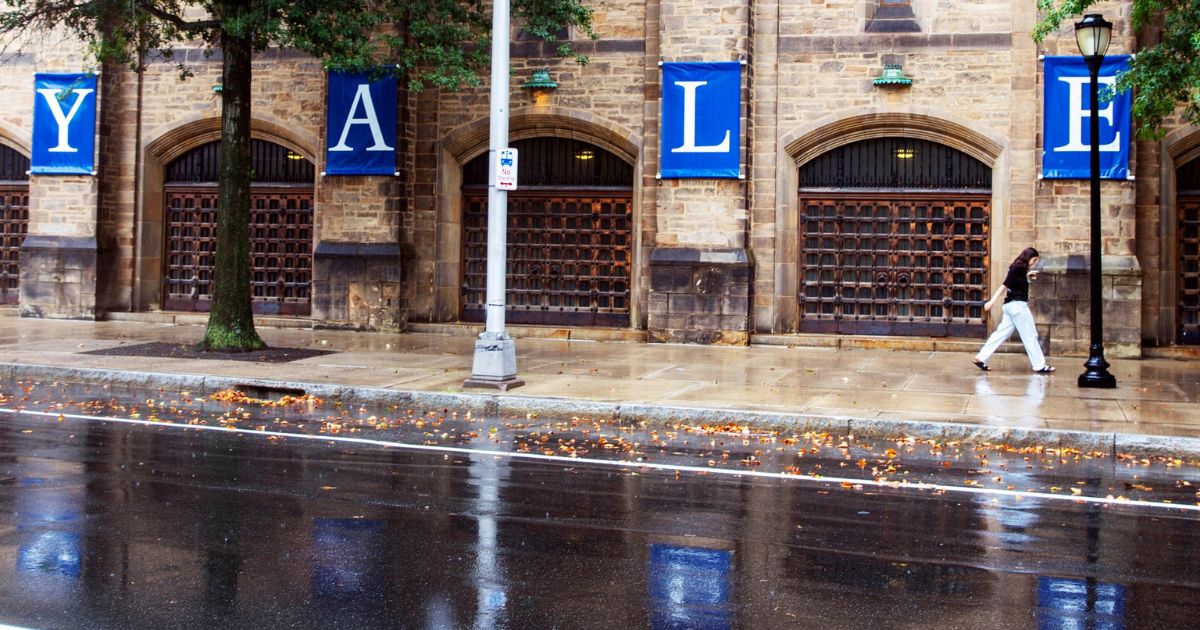Yale University’s recent settlement in a high-profile case has drawn widespread attention to an issue of paramount importance—the mental health needs of college students.
This landmark agreement underscores the urgency of addressing mental health challenges on campuses across the nation and the responsibility universities bear in providing adequate support.
In this report, we delve into the implications of Yale’s settlement and the broader implications it holds for the well-being of college students.
Yale University recently reached a settlement with the Department of Justice (DOJ) following allegations of discrimination against students with mental health disabilities.
The DOJ had investigated the university’s practices, particularly regarding student eligibility for academic accommodations.
The settlement represents a pivotal moment in recognizing the pressing need for improved mental health support in higher education. It serves as a wake-up call for colleges and universities to prioritize the mental well-being of their students.
Mental Health Needs of College Students
Mental health challenges have become increasingly prevalent on college campuses. The demanding academic environment, social pressures, and the transition to adulthood often contribute to heightened stress levels among students.
Inadequate Support Systems:
Despite the growing awareness of mental health issues, many universities still struggle to provide comprehensive support systems. Stigma surrounding mental health and limited resources pose significant barriers to students seeking help.
The Yale Settlement’s Key Provisions:
- Enhanced Accessibility: Yale has committed to making its online courses and materials more accessible to students with disabilities. This includes providing closed captioning for video content and ensuring that websites and digital resources are fully compliant with accessibility standards.
- Improved Training: The university will invest in training for faculty and staff to better identify and support students with mental health disabilities. This includes recognizing signs of distress and providing appropriate accommodations.
- Strengthened Communication: Yale will establish clear channels of communication for students to request academic accommodations. The university will also appoint a designated ADA Coordinator to oversee compliance with disability laws.
Yale’s settlement serves as a microcosm of the challenges facing higher education institutions nationwide. The mental health needs of college students are diverse and multifaceted, requiring a comprehensive approach.
Students are increasingly advocating for improved mental health services on their campuses. They are calling for readily accessible counseling services, mental health awareness campaigns, and destigmatization efforts.
Universities have a critical role to play in addressing mental health challenges. They must prioritize mental well-being as an integral part of the student experience. This includes investing in counseling services, providing training for faculty and staff, and fostering a campus culture that supports open dialogue about mental health.
Yale’s settlement highlights the need for a collective effort to address mental health needs in higher education. It underscores the responsibility of universities to create an inclusive and supportive environment for all students, including those with mental health disabilities.
Yale’s settlement with the Department of Justice underscores the urgency of recognizing and addressing the mental health needs of college students.
It serves as a catalyst for change in higher education, prompting universities across the nation to reevaluate their support systems and commit to fostering a campus culture that prioritizes mental well-being.
As colleges and universities embark on this essential journey, they must work collaboratively with students, faculty, and mental health experts to ensure that the mental health needs of their students are met with compassion, understanding, and effective support.




























